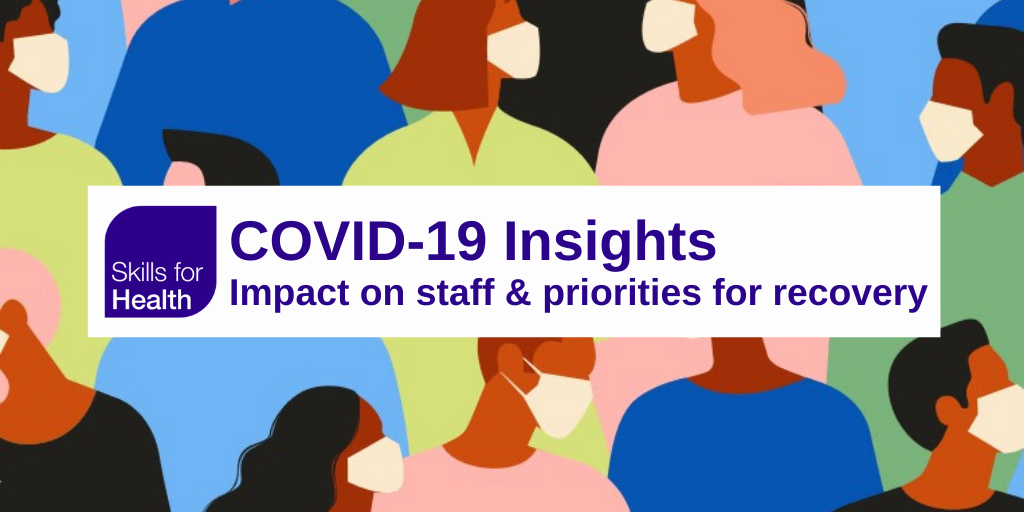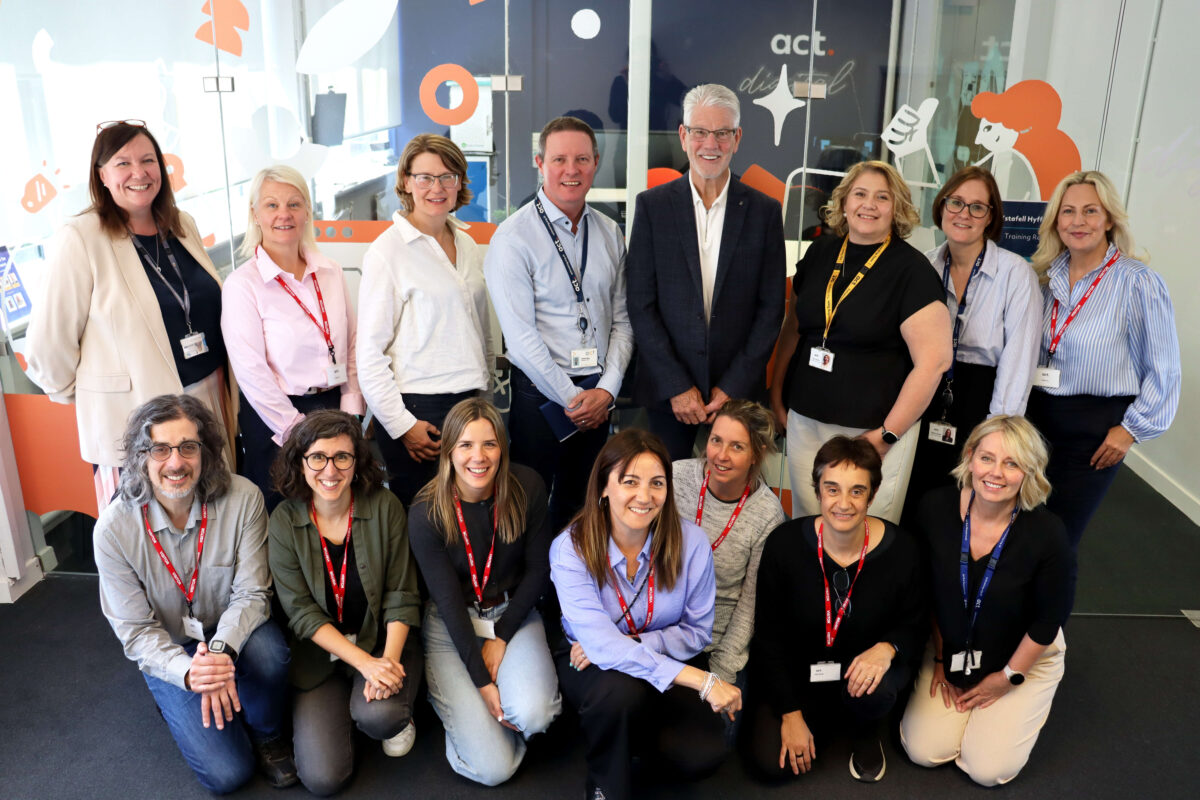Skills for Health reveals COVID-19 impact on NHS staff mental and physical health

The latest research published by Skills for Health this week reveals the extensive mental and physical health impact on NHS, health and care professionals across the UK, as a result of working and living through COVID-19, and identifies organisational priorities for recovery, both as the country enters the next phase of the pandemic and for the longer-term.
The second of two reports produced from the June 2020 COVID-19 Workforce Survey of almost 2,500 frontline NHS, health and care staff, aims to deliver timely intelligence to help employers and leaders navigate new and ongoing challenges, using evidence-based learnings from the initial pandemic response. Highlighting a wide range of COVID-instigated factors affecting those working throughout the pandemic, the findings start to offer some early quantification of their relative impact on the workforce, including the influence on health, teamwork, communication, and leadership performance.
Sabina Enback, Senior Researcher, Skills for Health, and author of the report says:
“Providing intelligence and support to the sector is just one way that Skills for Health is helping to guide a path to recovery in terms of service delivery, and most importantly to help ensure the wellbeing of our health and care staff is at the forefront of future ways of working.
“As we enter a second wave of the pandemic, it is crucial that employers take these survey findings into account to enable the workforce to tackle the ongoing challenges related to COVID-19 in the best possible way. It is also really important that employers start to think about what their workforce should look like in the post-pandemic world, considering what new skills might be needed and what type of training should be put in place to develop such skills.”
Whilst many of the outcomes identified by the research are negative, namely the severe mental and physical health impact, experienced by nearly 70% and 50% of respondents respectively, the report also reveals areas where there have been a number of positive workforce-related benefits from the coronavirus crisis.
The report finds that generally the impact on staff’s health was directly linked to the type of work environment. For those working in settings with direct public contact, the damaging effect on mental health stemmed not only from an increased risk of catching the virus and the subsequent impact on colleagues, patients or residents falling seriously ill, or even dying, but also from the added workload and new ways of working. In the worst cases this led to staff requiring sick leave, or even resigning. Respondents also highlighted that remote working made people feel more isolated, and many commented on the unsuitability of their home offices, causing musculoskeletal issues.
At the same time however, 74% of staff state improvements in team working, with extensive collaboration mobilised across departments to ensure the best outcomes for patients, a key takeaway which organisations will look set to embed in future ways of working long after the pandemic is over. Along with recognising the importance to improve virtual engagement with patients or service users, and further empowering a remote workforce, as well as developing employee engagement, and workforce planning.
Sabina adds: “The pandemic has provided all of us with the opportunity to really think about how to provide services in the most effective way possible and to place the focus on outputs. This has led many employers to realise that remote working, as well as virtual services might be the way forward. However, such initiatives need careful planning to meet the needs of users and staff; and of course, the virtual world is still an unknown territory to some, and this needs to be considered.”
As the UK moves into the next phase of COVID-19, HPMA President Dean Royles, writing in the foreword of the report, emphasises the need for NHS, health and care staff and leaders to utilise intelligence and insight like this research as a helpful tool for reflection. Dean considers its importance in learning the workforce-related lessons from what has been dealt with and what has been achieved so far, to realise the ongoing organisational and leadership development ambitions, and identify what key workforce planning support is needed to continue, both now and in the near future.
Access the report COVID-19 Insights: Impact on staff and priorities for recovery here today.











Responses